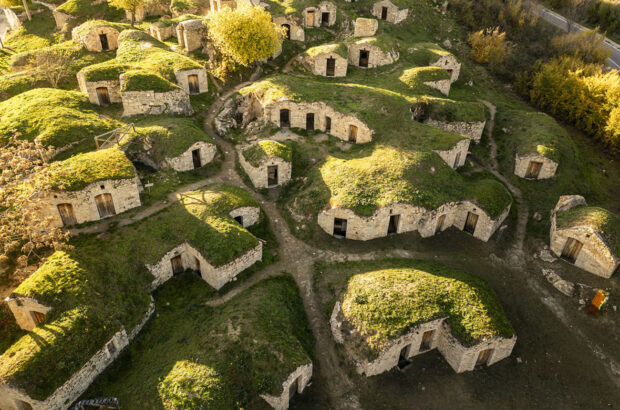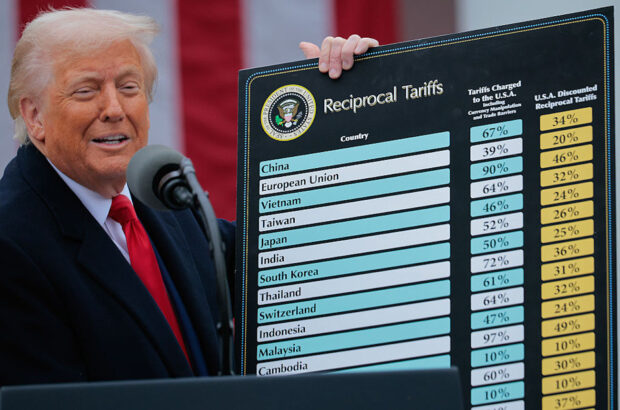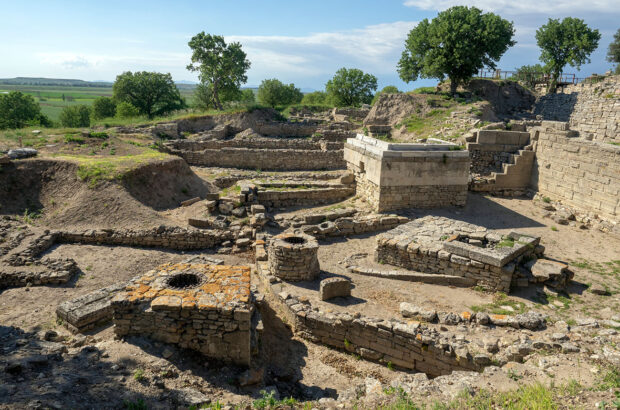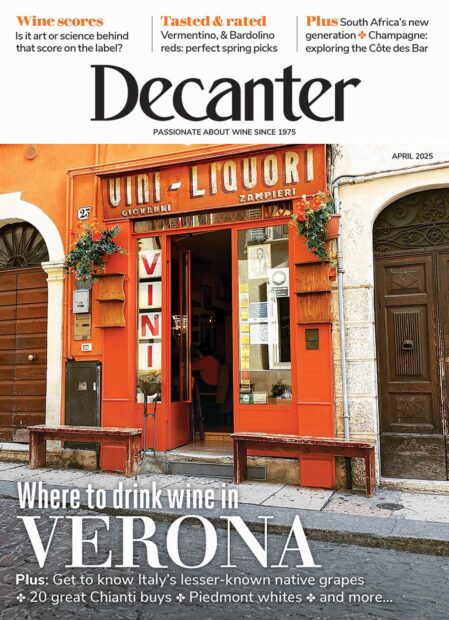The university will no longer be required to dump thousands of litres of wine a year and could start selling bottles for up to $100.
UC Davis to sell wine made by students
California’s top winemaking school has previously been legally constrained to dispose of huge amounts of wine made from top Napa Valley vineyards.
But the recent implementation of the Senate Bill 683 law late last year means that the students’ finished product can now be to be sold to local producers, and served by the bottle at special occasions.
As the university sources grapes from key Napa Valley vineyards in Oakville, many of the bottles are expected to sell for $80 to $100 each.
The proceeds on up to 90,922 litres of wine annually will go to benefit the school’s wine programmes.
‘Given the cost of producing this wine for teaching and research, it is not financially sustainable [to pour the wine down the drain]’, said David Block, a professor and chair of the Department of Viticulture and Oenology at the University of California, Davis.
He added that it also wasn’t environmentally advisable, especially given the school’s stance on being proactive in conserving both water and energy.
-
Jancis Robinson donates papers to UC Davis
-
Hugh Johnson donates wine manuscripts to UC Davis
-
Anson: Inside ‘the world’s greatest wine library’
The new legislation, according to Block, has created a non-profit organisation with a special licence for wine sales, some of which could eventually appear under a UC Davis label.
Students, according to Block, are excited about the new decision, ‘especially knowing that proceeds will go back into the viticulture and oenology programme’.
Much of the wine may initially be used on campus for special events.
He concluded that because of the ruling the University will finally be ‘recouping some of the costs of producing the grapes and wine for research and teaching.’
More on UC Davis:

California scientists find ‘trigger’ for deadly Pierce’s disease
Scientists get boost in fight against deadline vine disease...

Hugh Johnson donates wine manuscripts to UC Davis
World Atlas of Wine notes head to UC Davis archives

Anson on Thursday: Inside the ‘world’s greatest wine library’
Lawyers, rockstar winemakers and seminal papers are all here...

Breakthrough may save Cabernet Sauvignon from climate change
Scientists close to cracking Cabernet genetic code...

Jancis Robinson donates papers to UC Davis
Critic follows Hugh Johnson in donating to archive...







